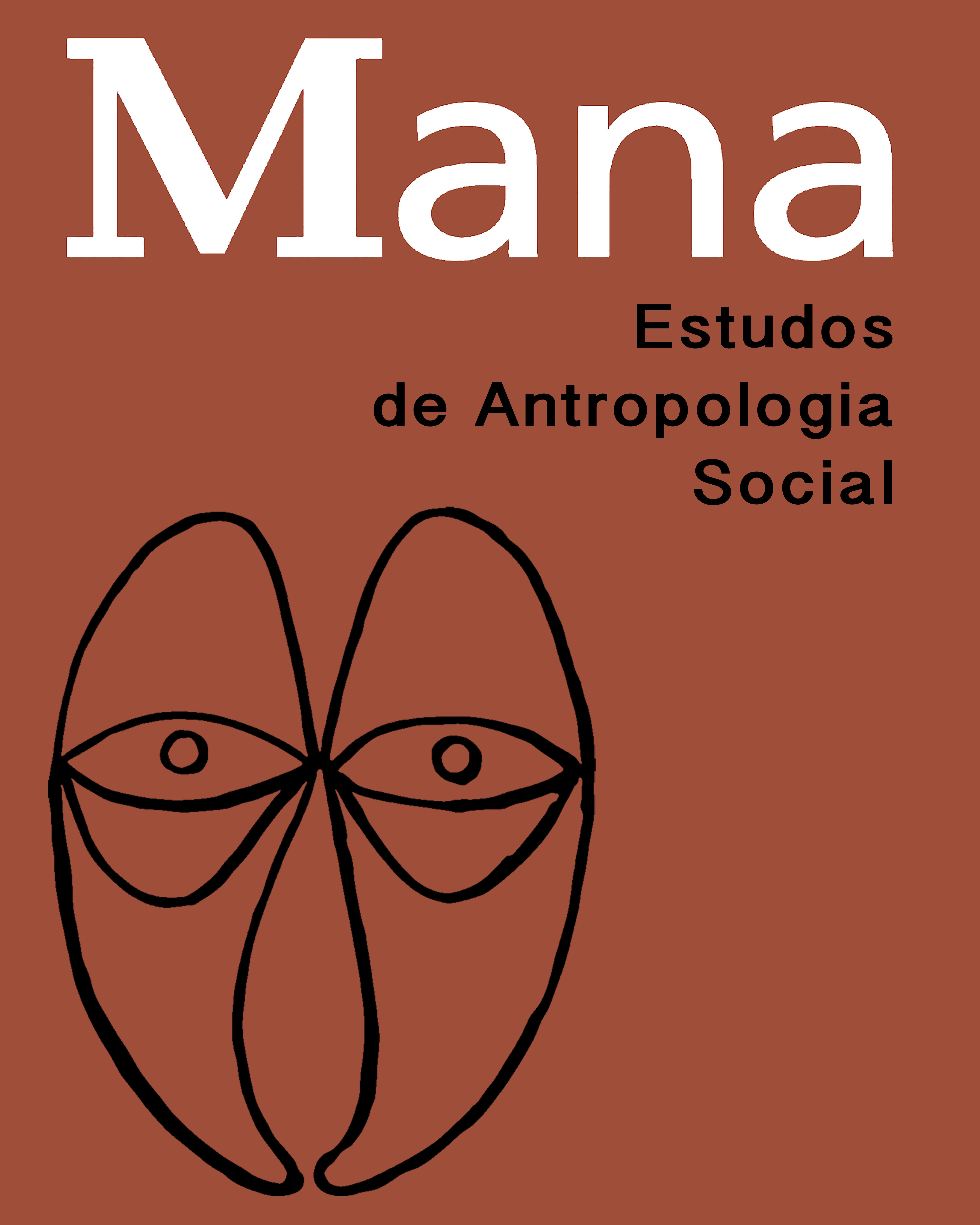This article analyzes how the 'personalizing pattern of social relations' archetypical of so-called holistic or traditional societies - the core of the Brazilian national ethos and a structuring element of the collective life in 'small towns' - has responded to the 'individualization process' provoked by the expansion of capitalism and its dominant values. Taking as its context the period during which Brazil inserted itself ever more forcibly into the competitive social order of the world system, the text reconstructs the history of factionalism - a prominent expressive feature of the personalizing pattern of social relations - in a small town of Minas Gerais between the ends of the 19th and 20th centuries. The aim is to relativize the conception that this process has led to a decline in the traditional lifestyle of the small town, but also to reject the idea that tradition continues unscathed by the passage of time, proposing instead that the dialectic between tradition and change makes explicit various modulation processes of the local ethos.
Ethos; Faccionalism; Tradition and Change
